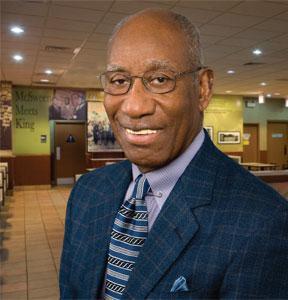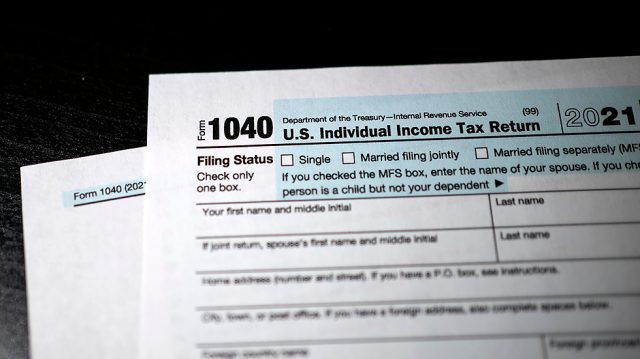WASHINGTON (AP) — The Senate Banking Committee approved Jerome Powell’s nomination to a second four-year term as chair of the Federal Reserve Wednesday, just hours after the Fed began what will be a difficult effort to combat inflation.
Fed governor Lael Brainard was also approved to serve as the Fed’s vice chair, and the committee endorsed Philip Jefferson, an economist and dean at Davidson College in North Carolina. All three will now be considered by the full Senate. Lisa Cook, an economist at Michigan State, also advanced to the full Senate on a tie vote in the committee.
If all nominees win Senate confirmation, the Fed will have six of its seven governor positions filled, as it tackles the nation’s worst bout of inflation since the early 1980s. On Wednesday, the Fed’s policymaking committee implemented its first interest rate hike since 2018, and said that more rate increases this year “will be appropriate.”
People are also reading…
One spot remains vacant because of GOP opposition to President Joe Biden’s nomination of Sarah Bloom Raskin to the Fed’s top financial regulatory post. Committee Republicans, led by Pennsylvania Senator Pat Toomey, objected to Raskin’s commitment to including climate change concerns in the Fed’s regulatory policies. Toomey argued that Raskin would use the Fed’s rules to discourage bank lending to oil and gas companies.
Raskin withdrew her nomination Tuesday after West Virginia Democratic Sen. Joe Manchin said he would vote against her on the Senate floor. With the Senate divided 50-50, and all Republicans opposed, Manchin’s opposition left Raskin with no path to confirmation.
Biden is expected to nominate another candidate to fill the Fed board’s empty slot.
Powell was approved on a 23-1 vote, with only Sen. Elizabeth Warren, Democrat from Massachusetts, voting no. Warren has objected to Powell’s support for measures that she argued weakened the Fed’s oversight of large banks, and previously called Powell a “dangerous man” to lead the Fed.
Sen. Sherrod Brown, an Ohio Democrat who chairs the committee, said Powell “has been a reliable voice and steady hand through this crisis. He’s earned the opportunity to lead the Fed as chair.”
Brainard, a Democrat who served as a top Treasury official in the Obama administration, was approved on a 16-8 vote. Jefferson was approved unanimously. All Republicans voted against Cook, leading to a 12-12 vote. Cook attracted opposition from some conservative economists, who said her research on the impact of lynchings and racial violence on African-American innovation wasn’t relevant to the Fed’s mission.
A tie vote in the committee allows the full Senate to consider a nomination.
If approved, Cook would be the first Black woman on the Fed board in its 109-year history and Jefferson would be the fourth Black man.
Cook has been a professor of economics and international relations at Michigan State since 2005. She was also a staff economist on the White House Council of Economic Advisers from 2011 to 2012 and was an adviser to Biden’s transition team on the Fed and bank regulatory policy.
Cook has also been an advocate for Black women in economics, a profession that is notably less diverse than other social sciences. In 2019, she co-wrote a column in The New York Times that asserted that “economics is neither a welcoming nor a supportive profession for women” and “is especially antagonistic to Black women.”
To combat those problems, Cook has spent time mentoring younger Black women in economics, directing a summer program run by the American Economic Association, and won an award for mentoring in 2019.
Jefferson, who grew up in a working-class family in Washington, D.C., according to an interview with the American Economic Association, has focused his research on poverty and monetary policy. In a 2005 paper, he concluded that the benefits of a hot economy from the reduction in unemployment among lower-skilled workers outweighed the costs, including the risk that companies would adopt automation once labor grew scarce.
Copyright 2022 The Associated Press. All rights reserved. This material may not be published, broadcast, rewritten or redistributed without permission.
Stay up-to-date on the latest in local and national government and political topics with our newsletter.















